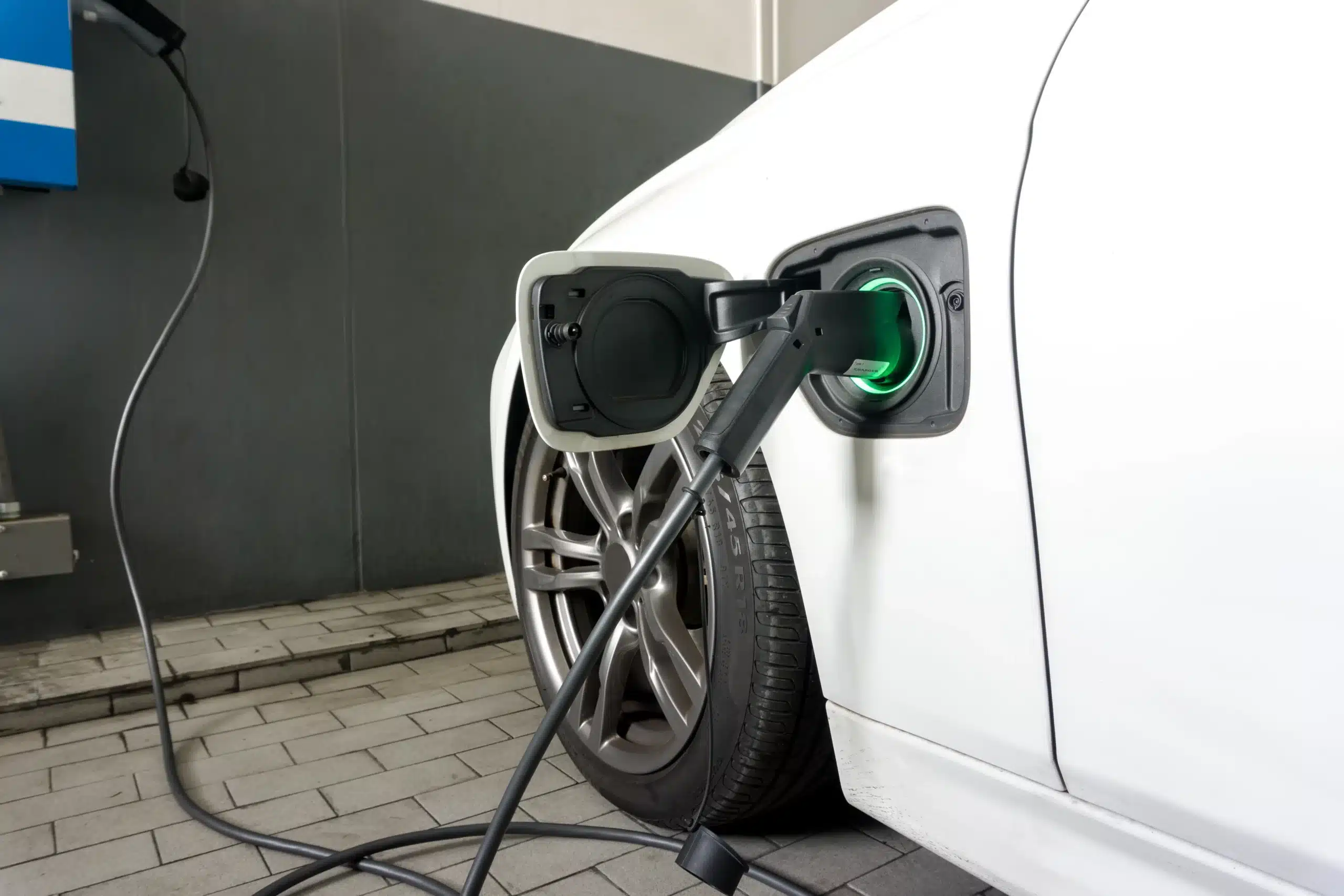What are the costs involved in buying an electric vehicle in the UK
Introduction:
As the world continues to prioritize sustainable transportation, electric vehicle (EVs) have gained significant popularity due to their environmental benefits and potential cost savings. In the United Kingdom, the adoption of EVs has been encouraged through various incentives and infrastructure development. However, potential buyers often wonder about the overall cost of owning and running an electric vehicle. This article aims to explore the financial aspects associated with EV ownership in the UK, including purchase price, charging infrastructure, maintenance, and running costs.
Purchase Price:
When considering an electric vehicle, the initial purchase price is a significant factor. Historically, EVs were more expensive than their conventional counterparts, but as technology advances and production scales up, the prices have become more competitive. In the UK, the cost of an electric vehicle varies depending on the make, model, and battery capacity. At present, there is a range of options available across different price points, starting from around £20,000 for compact electric vehicles and going up to over £100,000 for high-end models.
Government Incentives:
To encourage EV adoption, the UK government has implemented several incentives that help reduce the purchase price. The most prominent incentive is the Plug-in Car Grant (PICG), which offers a discount of up to £2,500 on eligible electric cars. However, it’s important to note that the grant’s availability and value may change over time, so prospective buyers should stay updated on the current schemes.
Charging Infrastructure:
One of the primary concerns for potential EV owners is the accessibility and availability of charging infrastructure. The UK has been steadily expanding its public charging network, with a variety of charging options available, including rapid chargers and destination chargers. Some charging stations are free, while others require payment. The cost of charging can vary depending on the provider, location, and charging speed. On average, it can range from around £0.12 to £0.30 per kilowatt-hour (kWh). However, it’s worth noting that charging at home using a dedicated charging point is generally more cost-effective compared to public charging.
Maintenance Costs:
Compared to internal combustion engine (ICE) vehicles, electric vehicles have fewer moving parts, which can translate to lower maintenance costs over time. EVs do not require oil changes or traditional transmission maintenance. Additionally, regenerative braking systems help extend brake pad life. However, EVs still require periodic servicing and maintenance, including battery health checks, tire rotations, and software updates. Although these costs are typically lower than traditional vehicles, they should still be considered when budgeting for EV ownership.
Running Costs:
When it comes to day-to-day running costs, electric vehicles have a significant advantage over their gasoline or diesel counterparts. Electricity is generally cheaper than petrol or diesel fuel, resulting in lower energy costs per mile. The efficiency of electric motors is also higher than internal combustion engines, providing more miles per kWh. On average, the cost per mile for an electric vehicle is considerably lower than that of a petrol or diesel vehicle, potentially resulting in substantial savings over time.
Tax Benefits:
In addition to the financial advantages mentioned above, EV owners can benefit from various tax incentives. For instance, electric vehicles are exempt from paying the Vehicle Excise Duty (road tax), which can save owners hundreds of pounds annually. Moreover, company car drivers and businesses can enjoy favorable tax rates, including lower Benefit-in-Kind (BIK) rates for electric company cars.
Conclusion:
While the upfront cost of purchasing an electric vehicle may still be a consideration for many prospective buyers, the overall cost of running an EV in the UK can be more affordable than traditional internal combustion engine vehicles. To find out more details on the costs involved in electric vehicle ownership visit www.comparegreen.com. Government incentives, lower fuel costs, reduced maintenance, and tax benefits contribute to making electric vehicles an attractive and cost-effective option. As the UK’s charging infrastructure continues to expand, the convenience and accessibility of charging an electric vehicle are also improving. With ongoing advancements in technology and increasing economies of scale, the cost of owning and operating an electric vehicle is likely to become even more favorable in the future, further encouraging the shift towards sustainable transportation.




